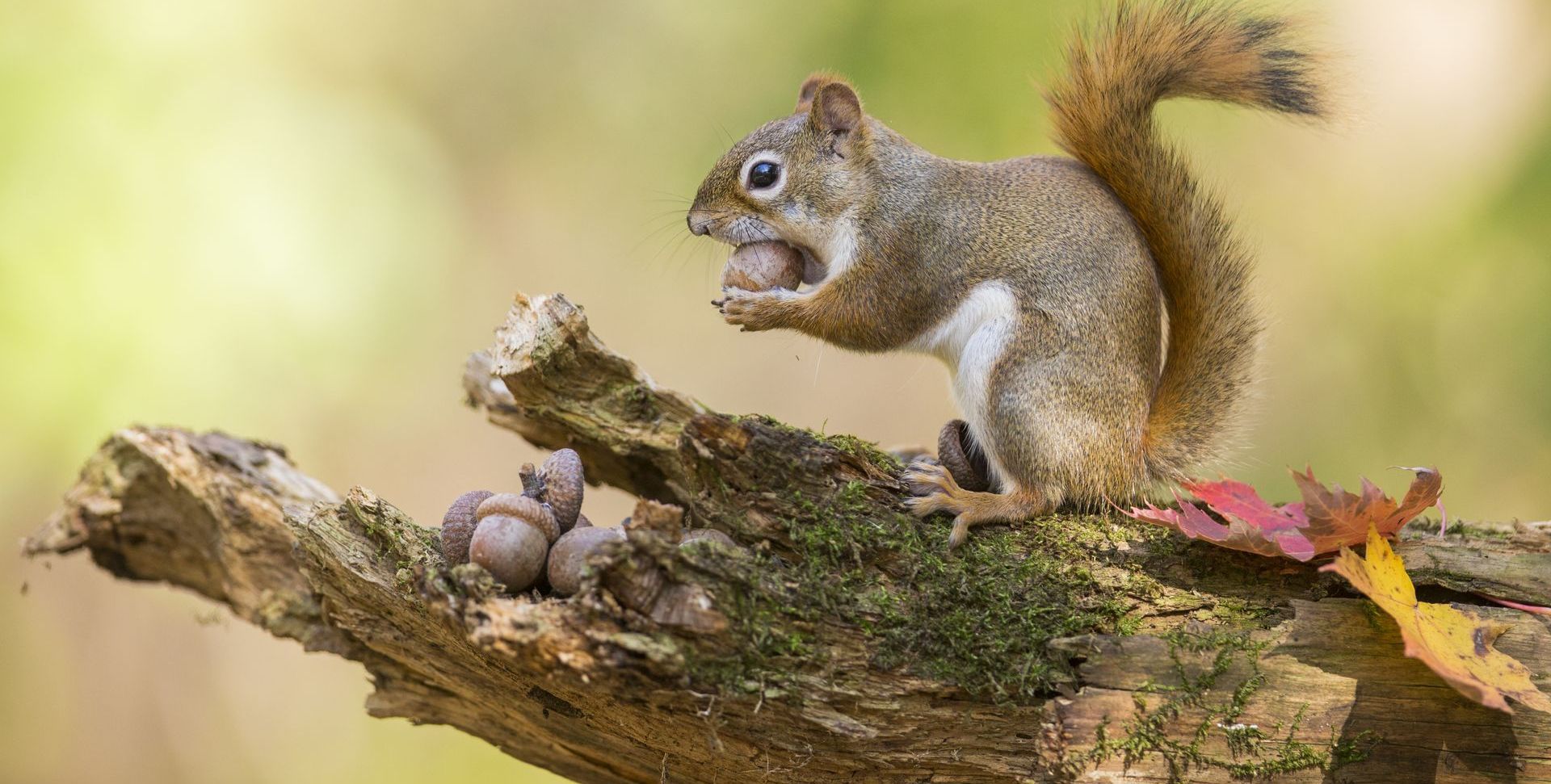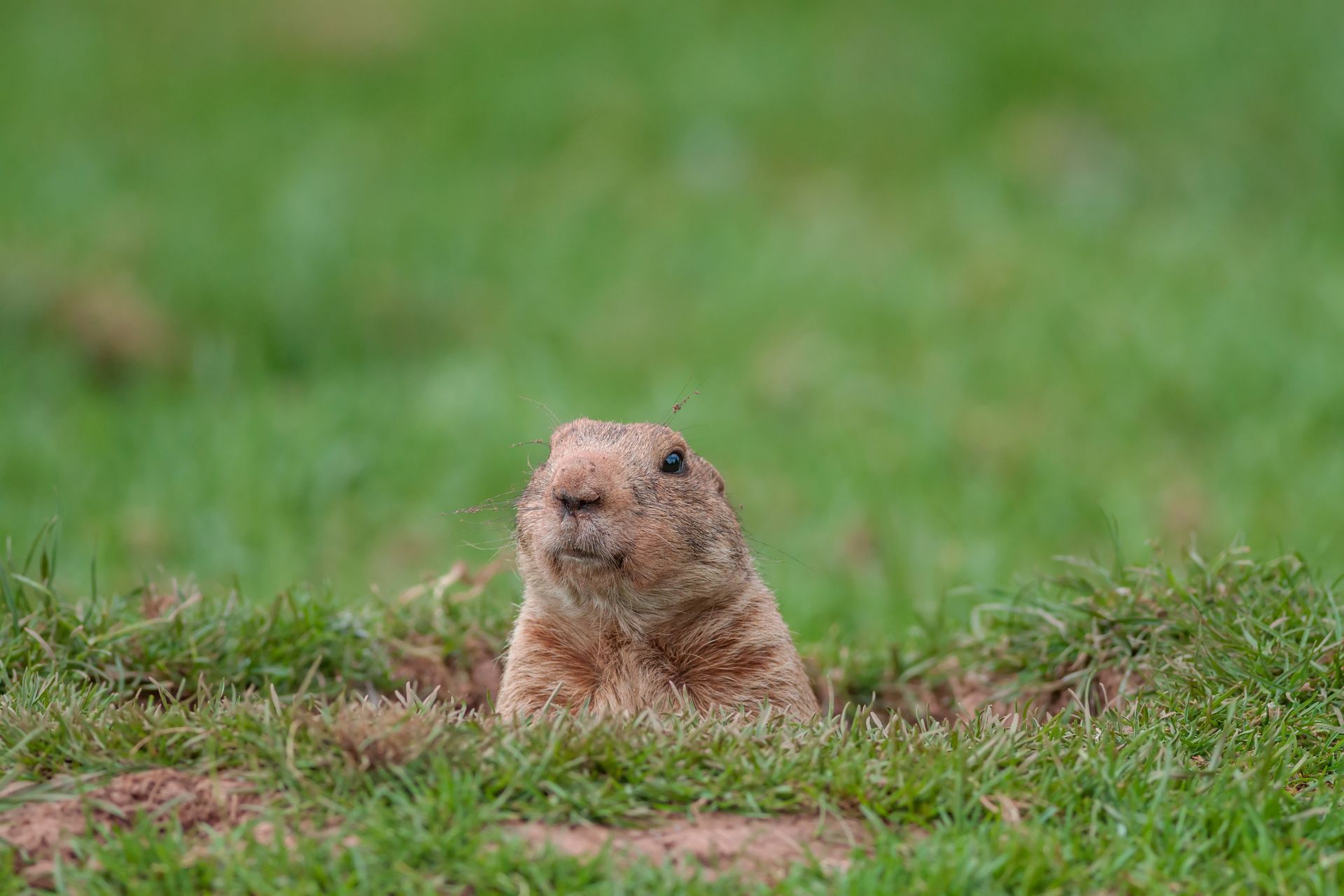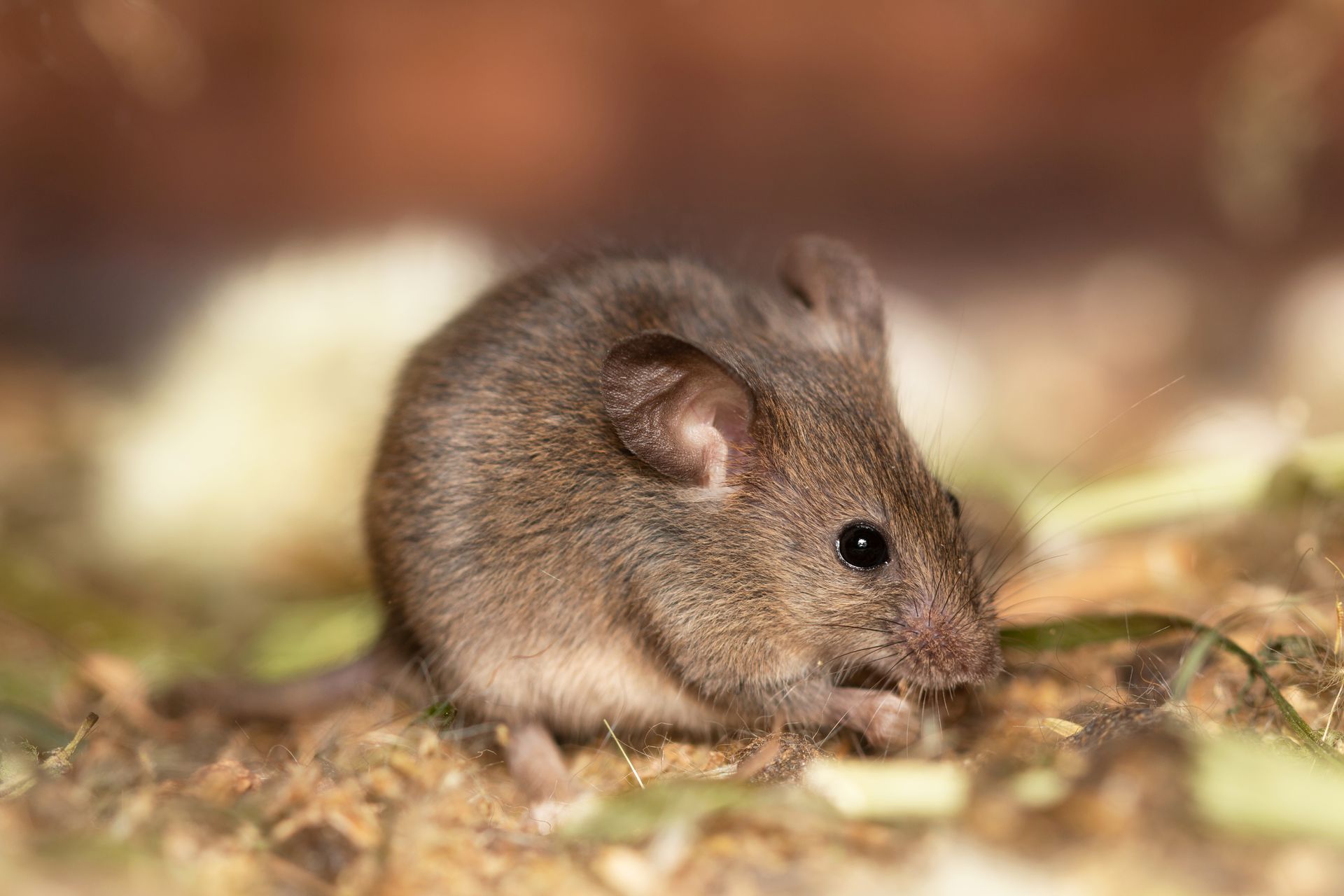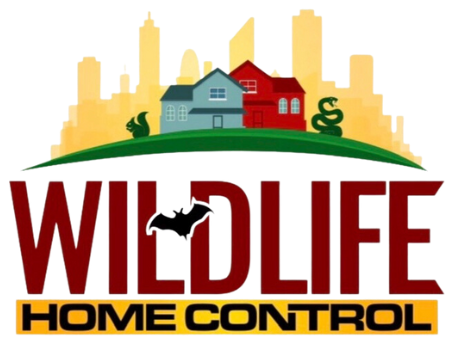Blog

As temperatures drop in Georgia, homeowners in Buford, Dacula, Sugarhill, Suwanee, Flowery Branch, Braselton, Houston, Cumming, and Gainesville may notice an increase in squirrel and rodent activity in and around their homes. At Wildlife Home Control, our mission is to protect your home from the intrusion and damage caused by squirrels, rats, and mice. Whether you hear scratching noises in the attic, see droppings in the furnace room, or spot activity in your gutters, we’re here to provide effective solutions. Why Are Squirrels and Rodents Invading Homes? With the onset of colder weather, wildlife like gray squirrels, flying squirrels, rats, and mice seek warmth and shelter. Your home offers these animals protection from the elements, making attics, crawlspaces, and basements ideal nesting spots. This seasonal migration increases the likelihood of animals infiltrating your home, causing noise disturbances and potentially damaging insulation, wiring, and even structural components. Signs You Have a Squirrel or Rodent Problem Understanding the signs of a wildlife infestation can help you take action quickly: Scratching Noises: If you hear scratching sounds in the attic or ceiling, it could be squirrels nesting or rodents scurrying around. Droppings: Rat droppings in areas like the furnace room or attic can indicate a growing rodent problem. Gutter Activity: Squirrels are known to climb gutters to gain access to attics or roofs. Late-Night Noise: Hearing movement late at night may suggest nocturnal animals like rats or flying squirrels. Risks of Ignoring a Rodent or Squirrel Infestation Squirrels and rodents don’t just create disturbances; they can also cause significant damage to your home. Squirrels and rats may chew on electrical wiring, increasing the risk of fire hazards. They also damage insulation and leave droppings, which can lead to unpleasant odors and even potential health risks. Protecting Your Home from Wildlife Wildlife Home Control provides humane and effective solutions to prevent squirrel and rodent infestations. Our team assesses your home’s vulnerability to wildlife intrusion and addresses key access points, such as vents, rooflines, and crawlspaces. By sealing these entry points and implementing control measures, we help ensure your home stays wildlife-free. Schedule an Inspection Today If you’re a homeowner in Buford, Dacula, Sugarhill, Suwanee, Flowery Branch, Braselton, Houston, Cumming, or Gainesville, don’t wait until a small issue becomes a big problem. Contact Wildlife Home Control for a comprehensive inspection and customized wildlife prevention plan. Keep your home safe and quiet this winter by staying proactive against nuisance wildlife.

Buford, GA, with its rich natural landscapes and changing seasons, is not just a haven for its residents but also for a diverse range of wildlife. While living close to nature has its charms, it also brings challenges, especially when wildlife finds its way into our homes. At Wildlife Home Control, we're here to help you understand why these encounters happen and how to prevent them safely, ensuring your home remains yours alone. The Lure of Buford Homes to Wildlife Shelter and Warmth As the seasons change in Buford, animals seek shelter to survive the colder months. Your home offers warmth and protection from the elements, making it an ideal refuge for creatures like squirrels, raccoons, and rodents. Food Sources Unknowingly, we often provide food sources that attract wildlife. Open garbage bins, pet food left outside, and even bird feeders can draw animals closer to our living spaces. Nesting Sites The secluded areas of your home, such as attics, crawl spaces, and even wall cavities, present perfect nesting sites for animals seeking a safe place to raise their young. Prevention Tips Preventing wildlife from making your home theirs is key to avoiding the need for removal. Here are some expert tips: Secure Garbage and Food: Ensure your garbage cans have tight-fitting lids and store pet food indoors. Consider bringing bird feeders in at night to avoid attracting nocturnal wildlife. Seal Entry Points: Regularly inspect your home for cracks, holes, and gaps in the exterior. Pay special attention to areas where utility pipes enter, as these can be entryways for small animals. Trim Trees and Shrubs: Overgrown vegetation can provide easy access to your home. Keep branches trimmed away from the house to reduce this risk. Use Chimney Caps and Vent Covers: These can prevent animals from entering your home through chimneys or vents. When to Call Wildlife Home Control Despite your best efforts, some animals may still find their way into your home. Here's when to call in the experts at Wildlife Home Control: You Hear Noises in the Walls or Attic: Sounds of scurrying or scratching often indicate an unwanted guest. Signs of Nesting: Look out for nesting materials like shredded insulation or droppings in secluded areas. Property Damage: Chewed wires, holes in the walls, or damaged vents can signify an animal intrusion. Sighting: Seeing wildlife in your home is the most obvious sign it's time to call professionals. At Wildlife Home Control, located right here in Buford, GA, we specialize in humane and effective wildlife removal. We understand the unique challenges our local residents face and are equipped with the knowledge and tools to safely remove unwanted wildlife from your home. Our expert team is committed to ensuring the safety and wellbeing of both the animals and your family. If wildlife has made its way into your Buford home, don't wait. Contact Wildlife Home Control, your local "exterminator Buford GA," for professional assistance. We're here to restore peace to your home and prevent future wildlife encounters.

Sharing your living space with wildlife can be both an unsettling and potentially hazardous situation. Unwanted animal intrusions can lead to property damage, health risks, and a loss of peace in your home. Recognizing the signs of wildlife presence early on is crucial to addressing the issue promptly and effectively. Here are some common signs that you may have wildlife affecting your home and what steps you can take to mitigate the problem.
